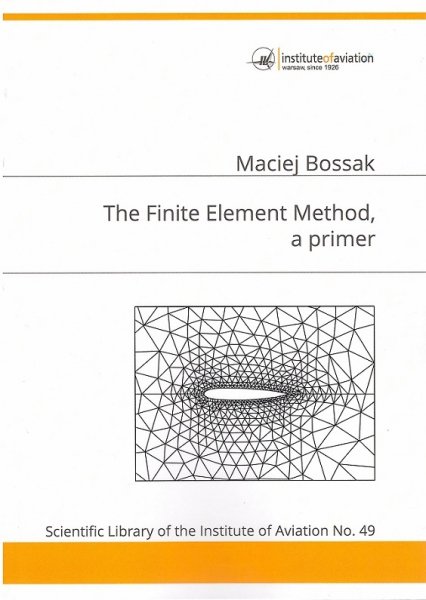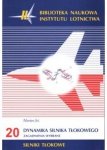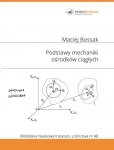-
Załączniki bezpieczeństwa
Załczniki do produktuZałączniki dotyczące bezpieczeństwa produktu zawierają informacje o opakowaniu produktu i mogą dostarczać kluczowych informacji dotyczących bezpieczeństwa konkretnego produktu
-
Informacje o producencie
Informacje o producencieInformacje dotyczące produktu obejmują adres i powiązane dane producenta produktu.Instytut Lotnictwa
-
Osoba odpowiedzialna w UE
Osoba odpowiedzialna w UEPodmiot gospodarczy z siedzibą w UE zapewniający zgodność produktu z wymaganymi przepisami.
The FINITE ELEMENT METHOD (FEM) has proven to be a powerful and popular tool for engineering analyses. Its computer systems are widely used in all branches of engineering for solving many different problems.
In the book, only applications of the finite element method to solve problems in solid mechanics and in structural mechanics will be considered.
The objective of this book is to provide an introductory course in the finite element method that is oriented more towards the future user than the theoretician.
Engineers do not have time to study theory and students usually study theory without enthusiasm. The finite element method has been developed more by engineers using physical insight than by mathematicians using theoretical deliberations.
Theory cannot be ignored, however, an engineer must understand principles of the method as well as physical nature of the analysed problem because it is so easy to choose inappropriate options or use the method beyond limits of its applicability. The user should grasp the physical problem, understand how finite elements behave, know the limitations of the theory on which they are based, and be willing and able to check results for correctness.
The checking phase relies more on physical understanding of the problem than on knowledge of the finite element theory.
The finite element analysis is an essential component of the computer aided design.
Testings are increasingly replaced by finite element analyses because they provide a more rapid and less expensive way to evaluate design concepts and design details.
Autor: Maciej Bossak
ISBN/ISSN: 978-83-63539-37-5
Oprawa: miękka, klejona
Data publikacji: 2016
Wydawnictwo: Wydawnictwa Naukowe Instytutu Lotnictwa
Liczba stron: 220
Język wydania: angielski












